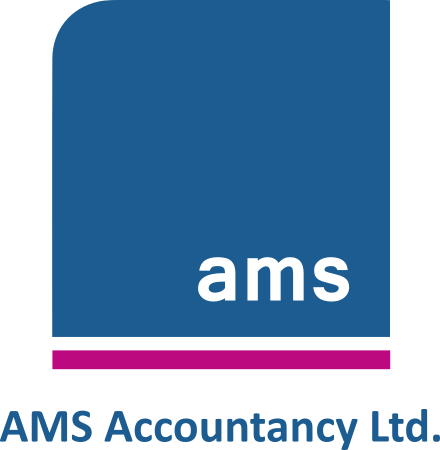The general rule is:
For pension contributions, there is an Annual Allowance (of £40,000 for 2020/21) which is the maximum one can pay into a pension scheme in a tax year. If you (or your employer) don’t use all of the Annual Allowance, then you can carry forward unused Annual Allowance for up to three tax years – and so make pension contributions in excess of those future years’ Annual Allowance.
Reduction when taxable income is high (new thresholds for 2020/21)
If you have high levels of income – in excess of both taxable income of £200,000 and of Adjusted Income (taxable income plus Employer pension contributions) of £240,000 – then the Annual Allowance is reduced by £1 for every £2 that your Adjusted Income exceeds £240,000 – until it is reduced to £4,000 – so, the more you earn, then the less you can pay into your pension!
What happens if you accidentally overfund your pension in a tax year?
There are two ways you could do this in a year:
- Exceed your Net Relevant Earnings
If one pays pension contributions in excess of the higher of £3,600 and one’s Net Relevant Earnings (annual salary plus benefits-in-kind, plus any self-employment income), then no tax relief is given on the excessive pension contributions – and HMRC may allow a ‘refund of excess contributions lump sum’ to be paid back by the pension company.
- Exceed the Annual Allowance
If one makes more contributions than the Annual Allowance allows, there is an ‘annual allowance charge’ on the excess contributions – calculated at the taxpayer’s marginal rate of tax (although the pension contributions still do get tax relief).
So, it can be worth keeping a record of contributions made in each tax year, and available Annual Allowances to carry forward.
